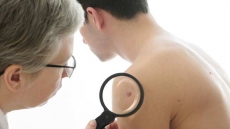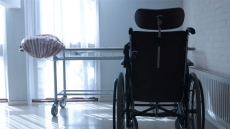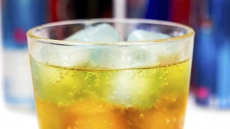Items we consider healthy such as cereal bars, bran-flakes and low fat biscuits are full of sugar which, while they may provide temporary energy boost, will end up making us fat.
When preparing snacks, choose low-energy releasing foods and avoid sipping on smoothies or fruit juices, nutritionist Sarah Schenker was quoted as saying in the Daily Mail.
"So many people are misled by snacks which we're told are healthy. In reality people need to think about the nutritional content and how that can help you maintain your energy levels," Schenker said.
She suggested various snacking swaps that can ensure that one is consuming all the right foods.
According to the Schenker, one must swap low-fat biscuits for oatcakes with hummus as oatcakes have much lower sugar content than many low-fat biscuits on the market and are a great source of fibre.
Cereal bars should be swapped for peanut butter on wholemeal toast as they are often packed with hidden sugars, which has natural source of protein and helps to maintain energy levels, perfect if you have a big day ahead.
"Snacking still has negative connotations that need to be overcome -- which I fully support. Introducing convenient and nutritious foods can overcome the stigma of snacking and help us to become more active and healthier," Schenker stated.
Prefer drinking milk over smoothies as milk provides essential calcium and minerals and is comparably much better than a smoothie, which contains large amounts of sugar.
Fruit juice should continue to count towards your five-a-day as the process of juicing releases the sugars, having similar impact to added sugars, particularly on teeth.
Coconut water has less sugar than most fruit juices and could be a better choice for adults and kids looking for a beverage that is less sweet. It also provides electrolytes that can help you rehydrate more effectively.






